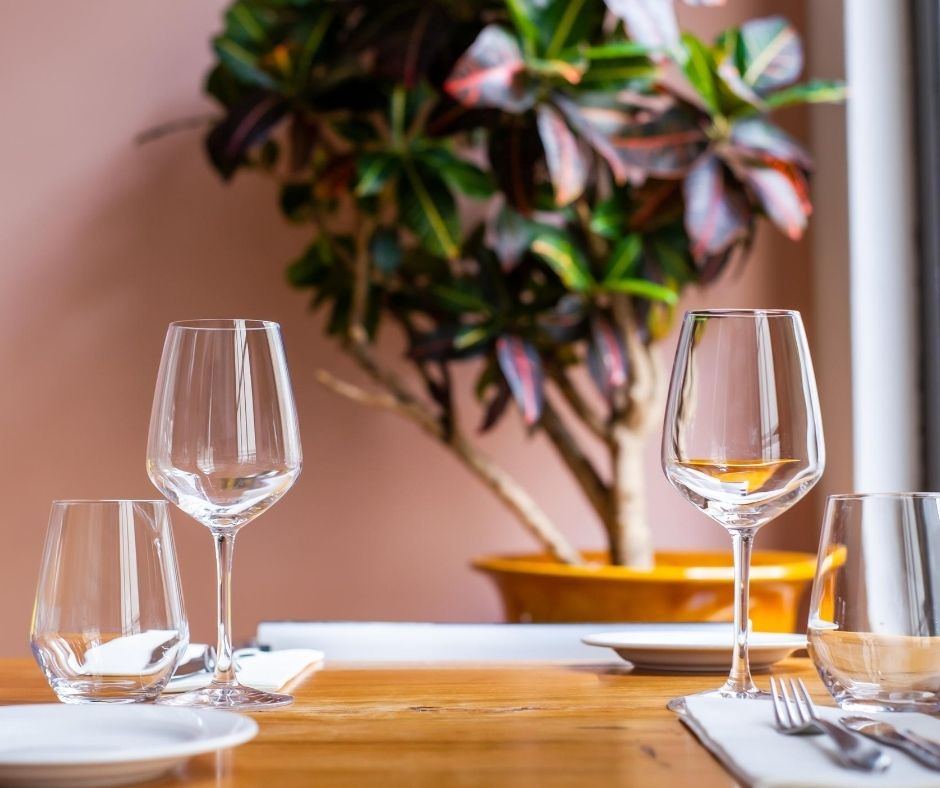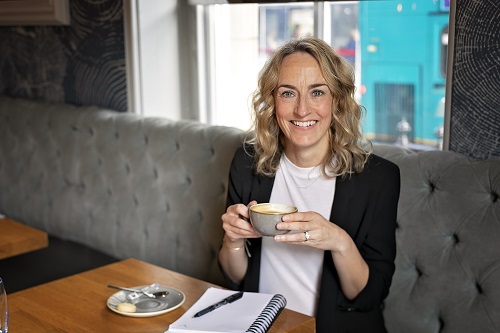
Lockdown has been scary, stressful and challenging for many of us. It has also meant that our lives have changed immeasurably for a while, so it’s no surprise that people have turned to alcohol to cope and that off licence alcohol sales soared by 31.4% in volume terms during lockdown.
People have depended on alcohol to help them numb their worries and cope with extra demands at home, all while trying to juggle the uncertainty of being furloughed, or perhaps working from home and trying to home school the kids all at the same time.
Time To Reassess?
So alcohol has likely seen us through the tough times, but as lockdown begins to ease and life starts to move into our new normal, perhaps now is a good time to reassess your bad habits when it comes to drinking?
Whether you have been experiencing an anxious wait on a daily basis for that evening glass (or three) of wine, or drinking earlier in the day because you have felt like you’re on holiday, there are specific ways you can change your declining relationship with alcohol.
Dopamine Levels
Firstly, it’s important to realise that as you have been drinking more, you are likely to experience stronger urges to reach for a drink when you do try to cut down or stop.
Alcohol raises the dopamine levels in your brain which makes you feel good temporarily – much like a sugar hit. Your brain then creates less dopamine naturally, leading to an overall lower mood.
So as soon as the alcohol wears off, you are likely to feel like you need and want another drink quickly, in order to get your “hit” again. This may not even be something you are aware of, but it does explain why you have possibly experienced the need to drink more than ever during lockdown. It’s the classic reason why alcohol truly is like a slippery slope and is one of the main reasons that alcohol is so damn addictive.
Detox
To stop this urge, drink, urge, drink cycle, you will need to make sure you don’t act on your desire to drink in the first day or two of going alcohol-free.
In order to get control of your habits around alcohol quickly, it’s important that you aim to take several days off alcohol to give your body a chance to detox. Seven to ten days is the ideal target number of days as this enables your body to completely get rid of toxins from alcohol and to re-balance itself.
Six To Seven Minutes
The first two to three days are likely to be the hardest, but if you pre-plan distraction activities in advance, then when you do feel the urge to drink, you already know that you will be taking that walk, cooking that tasty meal or calling that friend you have been meaning to catch up with for ages.
Normally, urges don’t last for more than about six to seven minutes, so if you can ride them out by “busying” yourself in another activity, this will get you to the other side of the urge.
Pre-planning distraction activities and even writing them down, can be a really successful strategy in the early days of a detox.
Treat Drink
If you have used alcohol as a personal “treat” for making it though the day, then creating a special treat drink for each evening can help you to replace your alcohol habit with an alternative behaviour.
A treat drink can be anything you like, but you need to enjoy the taste and make it as fancy as possible. Take your ginger beer and add ice and lemon for example, or make a mocktail with added herbs in a fancy glass.
Alternatively, you could try one the increasingly popular branded alcohol-free beers available in most leading supermarkets instead. The key here is that you feel enough satisfaction from your treat drink that you sail through the urge to drink.
Drink two or three during the evening and drink them mindfully, savouring the taste while consciously trying to wind down.
It’s likely that your urge to drink alcohol was triggered by your need to de-stress each evening. So, by replacing the behaviour that follows that trigger, you can start to respond to it in a different way – which in this case is consuming a treat drink (instead of alcohol) that makes you feel like you deserve it and earned it.
The First Few Days
As you go through the first few days alcohol-free you may experience some light shakiness and poor sleep. Just remember that as you experience these symptoms, this means that your body is cleansing itself and readjusting to normality without the addition of the harmful toxin that is alcohol.
Use these symptoms as motivation to keep going and a reason for staying alcohol-free.
And The Positives!
You are doing the heavy lifting, so to speak, in the first few days, and by day five or six you should start to notice that you feel immeasurably better. What lies the other side of your alcohol-free stint is much better sleep, healthier skin, less anxiety and more energy.
It may not be easy at first, but just by taking a few days off alcohol every week you will improve your health and your mood significantly.
Bio
Lizzie Shearing is the founder of the Flavour of Sober. The Flavour of Sober run a 30 day alcohol-free challenge and also a monthly members society where people go to remain motivated and inspired to live a life free from alcohol. Visit www.flavourofsober.com for more.









It is great blog post about overcome bad drinking habits after lock down. I like your concept. Thanks for sharing these information with us.
This is a great post. I love the idea of making a treat drink. I really should give this a try.